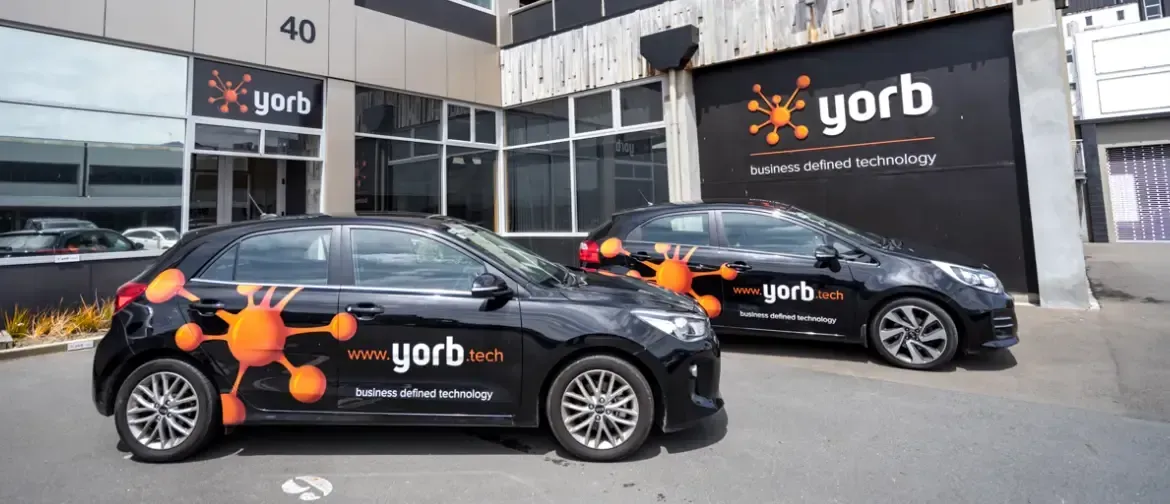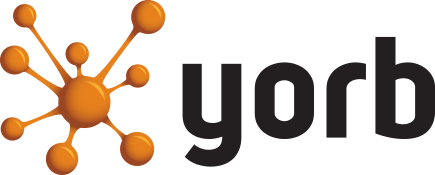Sustainable IT Practices: Responsible Disposal of End-of-Life Systems and Hardware
Troy Gerrie • August 25, 2023
In an increasingly digitalised world, the rapid pace of technological advancement has led to a continuous cycle of upgrading and replacing IT systems and hardware. While this trend has undoubtedly revolutionised the way we live and work, it has also created a pressing need for responsible disposal of end-of-life IT equipment. The improper disposal of electronic waste, often referred to as e-waste, poses significant environmental and health risks. As organisations and individuals, adopting sustainable IT practices for the responsible disposal of end-of-life systems and hardware is not only an ethical imperative but also a strategic move toward building a greener future.
The Growing E-Waste Challenge
The proliferation of technology has brought unprecedented convenience and efficiency to our lives. However, this progress has not come without a cost. E-waste, which encompasses discarded electronic devices such as computers, smartphones, servers, and networking equipment, presents a significant environmental challenge. The rapid pace of technological innovation leads to the obsolescence of electronics at an alarming rate. As these devices become obsolete, they are often improperly disposed of, contributing to a vast amount of electronic waste.
The improper disposal of e-waste has far-reaching consequences. When electronics end up in landfills or are incinerated, they release hazardous substances into the environment. Components like lead, mercury, and cadmium can leach into soil and water, posing serious health risks to both humans and wildlife. Furthermore, the extraction of raw materials to meet the demand for new electronic devices places strain on ecosystems, contributing to resource depletion and environmental degradation.
The Importance of Responsible Disposal
Responsible disposal of end-of-life IT systems and hardware goes beyond mere compliance with regulations; it is a crucial step toward minimising the environmental and human health impacts associated with e-waste. By adopting sustainable practices, organisations and individuals can contribute to the reduction of e-waste, conserve valuable natural resources, and prevent the release of toxic substances into the environment.
Key Strategies for Sustainable IT Practices
Recycling Programs
Many electronics manufacturers and retailers recognise the need for responsible disposal and offer recycling programs. These programs provide avenues for customers to return their old devices for proper recycling. Through this process, valuable materials such as precious metals and rare earth elements are extracted and reused, reducing the demand for resource-intensive mining practices. Additionally, recycling programs ensure that hazardous components are disposed of safely, mitigating the environmental and health risks associated with improper disposal.
Donations and Charitable Initiatives
One person's outdated technology can become a valuable resource for another. Donating functional but older IT equipment to schools, nonprofit organisations, or community centers can extend the useful life of the devices. Such initiatives not only reduce the burden on landfills but also bridge the digital divide by providing technology access to those who may not have access to newer devices.
Certified E-Waste Recyclers
When recycling end-of-life devices, it is crucial to choose certified e-waste recycling facilities. These facilities adhere to strict environmental and safety standards, ensuring that devices are disassembled, recycled, and disposed of properly. By selecting reputable recyclers, individuals and organizations can contribute to the proper management of e-waste and support the development of a more sustainable electronics recycling ecosystem.
Secure Data Erasure: Protecting Sensitive Information
As electronic devices change hands, whether through recycling, donation, or resale, the protection of sensitive data remains paramount. Improper disposal of devices containing confidential information can lead to data breaches with serious legal, financial, and reputational consequences. Thorough data erasure processes are essential to safeguarding sensitive information. This can involve using certified data wiping software to securely remove data or physically destroying storage media beyond recovery.
The Role of Organisations and Governments
Sustainable IT practices extend beyond individual efforts; both organisations and governments play a pivotal role in driving change. Organisations should prioritise environmental responsibility by incorporating end-of-life management into their IT strategies. Setting up internal recycling programs, partnering with certified recyclers, and educating employees about responsible disposal practices are critical steps organizations can take.
Governments also have a role to play through policy and regulation. By encouraging manufacturers to design products with easier recyclability, promoting extended producer responsibility, and establishing accessible e-waste collection and recycling infrastructure, governments can create an environment conducive to sustainable IT practices.
The Path Forward
As technology continues to evolve, the urgency of responsible disposal of end-of-life IT systems and hardware becomes increasingly evident. Embracing sustainable IT practices is not only an ethical imperative but also a demonstration of forward-thinking and environmental stewardship. By adopting strategies such as recycling programs, donations, certified e-waste recyclers, secure data erasure, and collaborating with suppliers that prioritise sustainability, organisations and individuals can contribute to a more sustainable and environmentally friendly future.
The choices we make today will shape the landscape of e-waste and its impact on generations to come. By working collectively to minimise electronic waste, conserve resources, and protect our environment, we can ensure a healthier planet and a more sustainable technological ecosystem for the future.
Recent Posts




